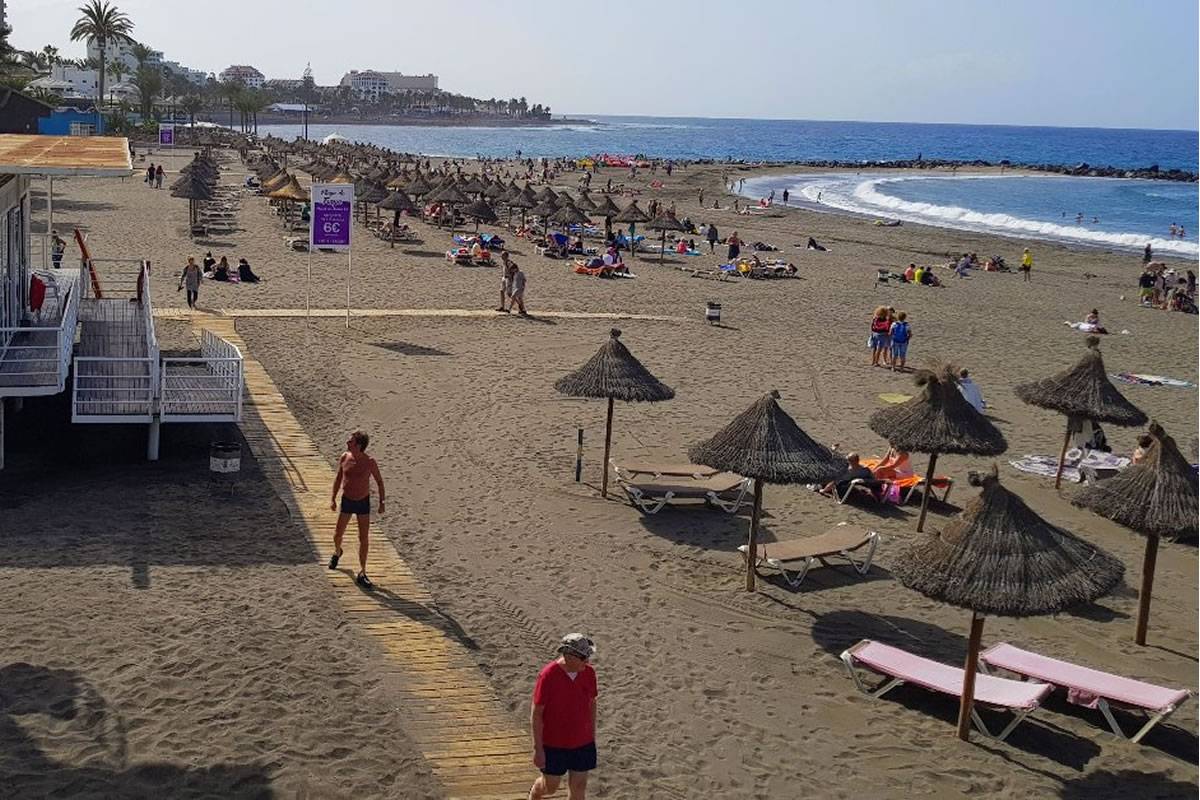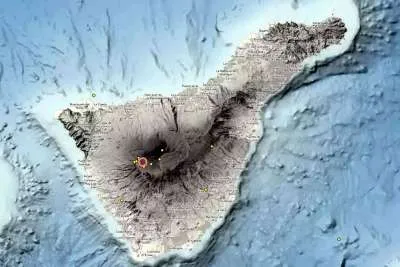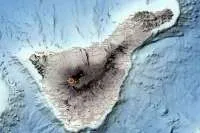A busy winter is forecast as holiday bookings increase by 12% in a week
- 11-10-2022
- Business
- Canarian Weekly
Previous forecasts from the hotelier's associations and the Ministry of Tourism for the Canary Islands saying that the islands will have a bumper winter season this year are looking far more accurate as the official start date of the season, November 1st, approaches. Bookings are still 23% below 2019 figures, but the deficit is being reduced day by day.
In the last week, reservations have grown by more than 12% and it is expected that in the rest of October that will increase further, in line with the change in trend in tourist habits since Covid, which is seeing people book later or more last minute.
Air connectivity figures have also improved. A few weeks ago, the airlines had 9.4 million seats scheduled for the winter, 30.7% more than in 2019. The latest data raises the seats available to fly to the islands by almost 100,000, to almost 9.5 million.
According to the president of the Federation of Hospitality and Tourism Entrepreneurs of Las Palmas (FEHT), José María Mañaricua, the winter will be "good", but he warns that the figures for 2019 won’t be reached.
Inflation, interest rates, and fuel prices are all going to affect the decision of many Europeans as to whether they are going to travel or not, and this is going to prevent the number of tourists from reaching pre-Covid levels, as has happened so far this year.
Up until August, 7% less tourists have visited the Canary Islands than in 2019, which translates into the loss of one million people. Of these, the number of international visitors has dropped by 9.4% and nationals by 4.3%. Gran Canaria is the island suffering the most, after La Palma (due to the eruption), with 10.5% fewer visitors.
“Winter is going to be very good in the Canaries but it won't be exceptional. We will struggle to reach the figures for 2019," says Mañaricua, who confirms that the expected occupation for November, Christmas, and New Year will be 90%, saying “We are the only winter destination in Europe. Anyone wanting winter sun can go on holiday to Egypt, the Caribbean, or the Canary Islands. That has always been our big advantage and will continue to be so, but at the moment not as much as in 2019.”



























































